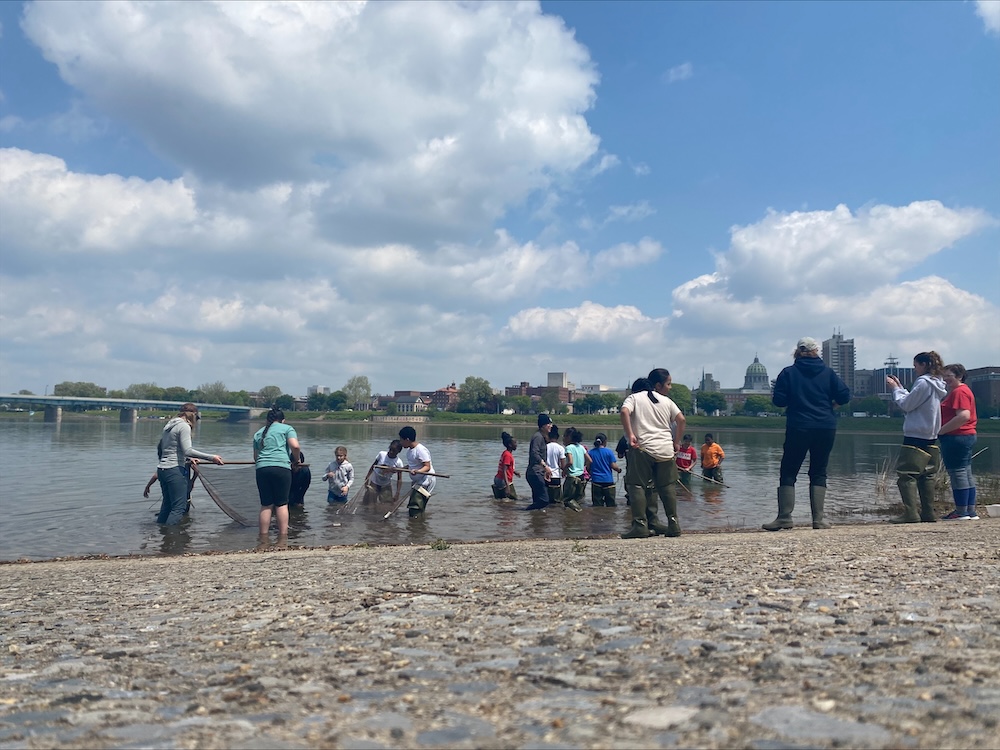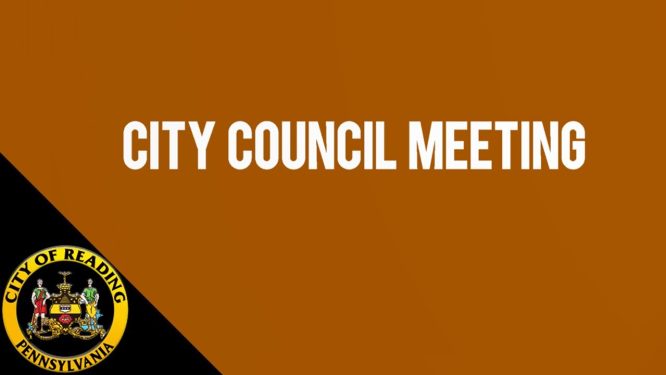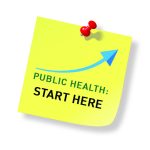It is almost time for some Pennsylvania students to get out of the classroom and into a canoe.
The Chesapeake Bay Foundation’s Pennsylvania Rivers and Streams Environmental Education Program is for students in grades 4-12. It takes place in the spring and fall.
Kassie Fenn, student leadership and education coordinator for the Chesapeake Bay Foundation in Pennsylvania, said the program is mobile, so students meet up with educators for field trips to explore waterways in their communities. She pointed out it is a way to boost critical thinking skills and connect children to their local ecosystems.
“They’re able to spend the day paddling in canoes or streamside, and for many students, it’s their very first experience like this,” Fenn explained. “They’re able to collect macroinvertebrates — they’re these aquatic insects that live in our streams — and learn about how water quality data tells us a story about the health of Pennsylvania waterways.”
Fenn noted across three states in the watershed — Pennsylvania, Maryland, and Virginia — more than 1.5 million students have been part of the foundation’s programs in the last 50 years.
Fenn stressed the Foundation also works with teachers through a Chesapeake Classrooms Program, with professional learning opportunities through workshops and courses for classroom teachers, as well as school administrators.
“We focus on kind of the evolving needs of science standards across the watershed, the Chesapeake Bay watershed,” Fenn emphasized. “And then really help to work towards building their efficacy, and increasing student achievement and engagement, while also building foundational knowledge and environmental literacy.”
Fenn added an event known as “BioBlitz” coming up in April at the Vincent DeFilippo Nature Preserve will include 55 students from various grade levels in three schools. They will take part in activities like water quality testing, tree planting, fish surveys, and more as a way to learn about restoration and conservation.




